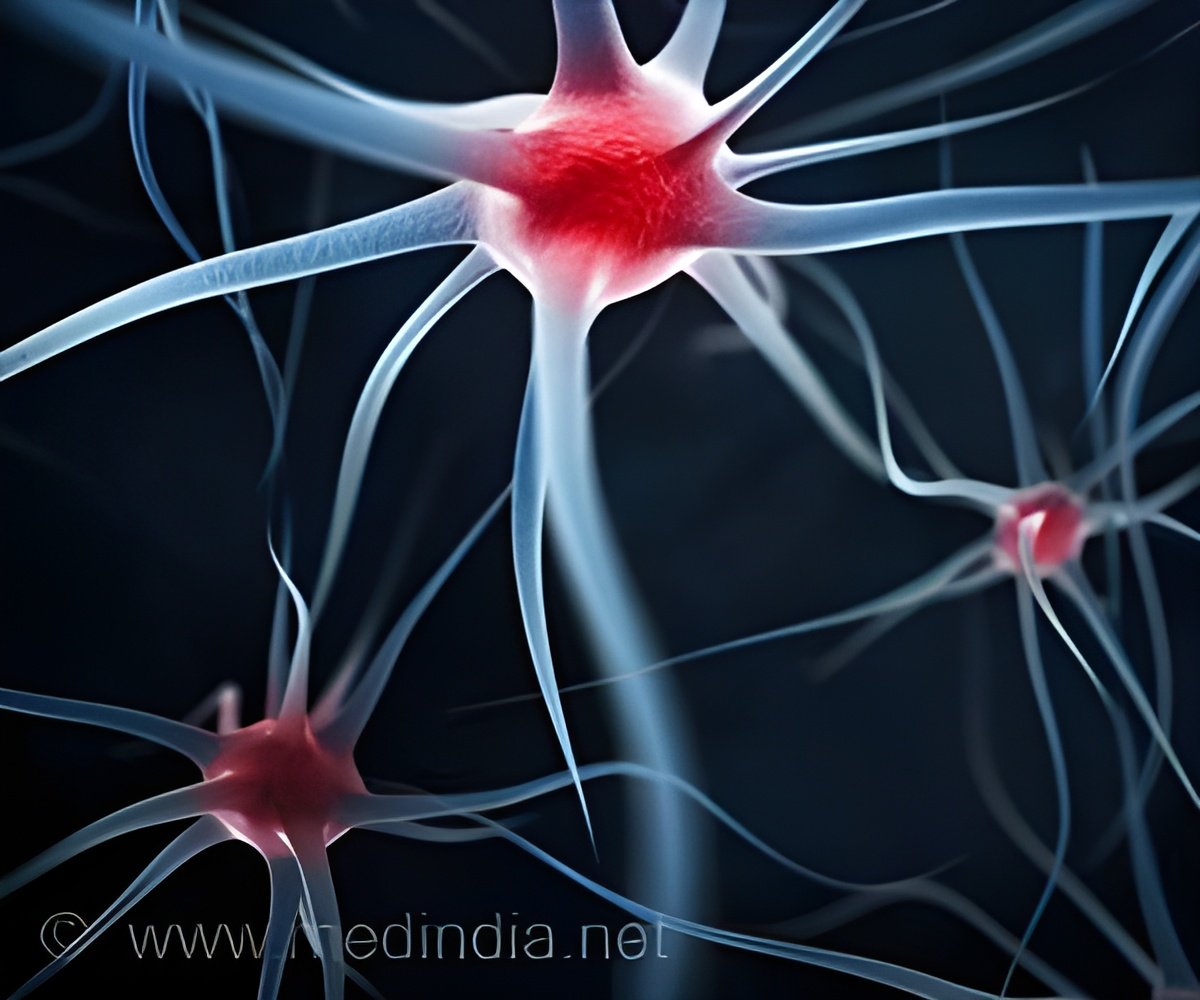
‘Significant vascular defect underlying the disease pathology in patients with moderately severe Parkinson’s disease has been found by a study.’
Tweet it Now
BBB rather prohibits toxins from leaving the brain and inhibits nutrients such as glucose from entering. Perhaps even more damaging, the dysfunctional barrier allows inflammatory cells and molecules from the body to enter and damage the brain.Drug Efficacy
This may help explain an earlier outcome of the same study, in which the drug nilotinib (repurposed leukemia drug) was able to halt motor and non-motor (cognition and quality of life) decline in the long term.
The study randomized patients to 2 trials of either placebo or 150mgs or 300mgs nilotinib for 12 months (each trial with a washout before 2nd trial).
It was found that nilotinib was safe after 27 months, and patients who received nilotinib showed a dose-dependent increase of dopamine, the chemical lost as a result of neuronal destruction.
Advertisement
Vascular System and Parkinson’s disease
Advertisement
“Not only does nilotinib flip on the brain’s garbage disposal system to eliminate bad toxic proteins, but it appears to also repair the blood-brain barrier to allow this toxic waste to leave the brain and to allow nutrients in. Parkinson’s disease is generally believed to involve mitochondrial or energy deficits that can be caused by environmental toxins or by toxic protein accumulation; it has never been identified as a vascular disease,” says the study’s senior author, Charbel Moussa, MBBS, Ph.D., director of the Medical Center’s Translational Neurotherapeutics Program.
The study for the first time shows that the body’s blood-brain barrier may serve as a potential target for the treatment for Parkinson’s disease and stirs further exploration into the brain’s vascular system.
Source-Medindia









